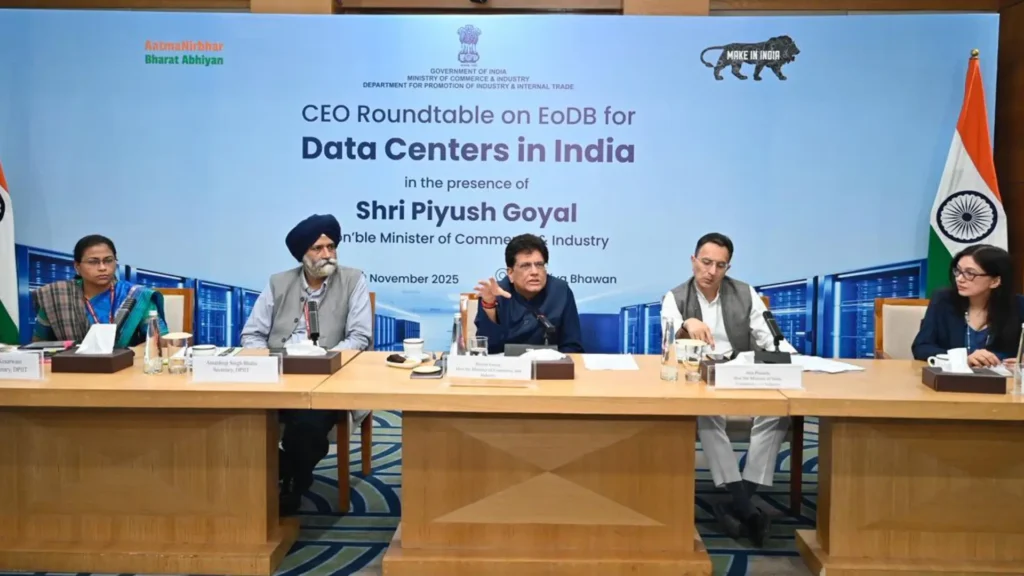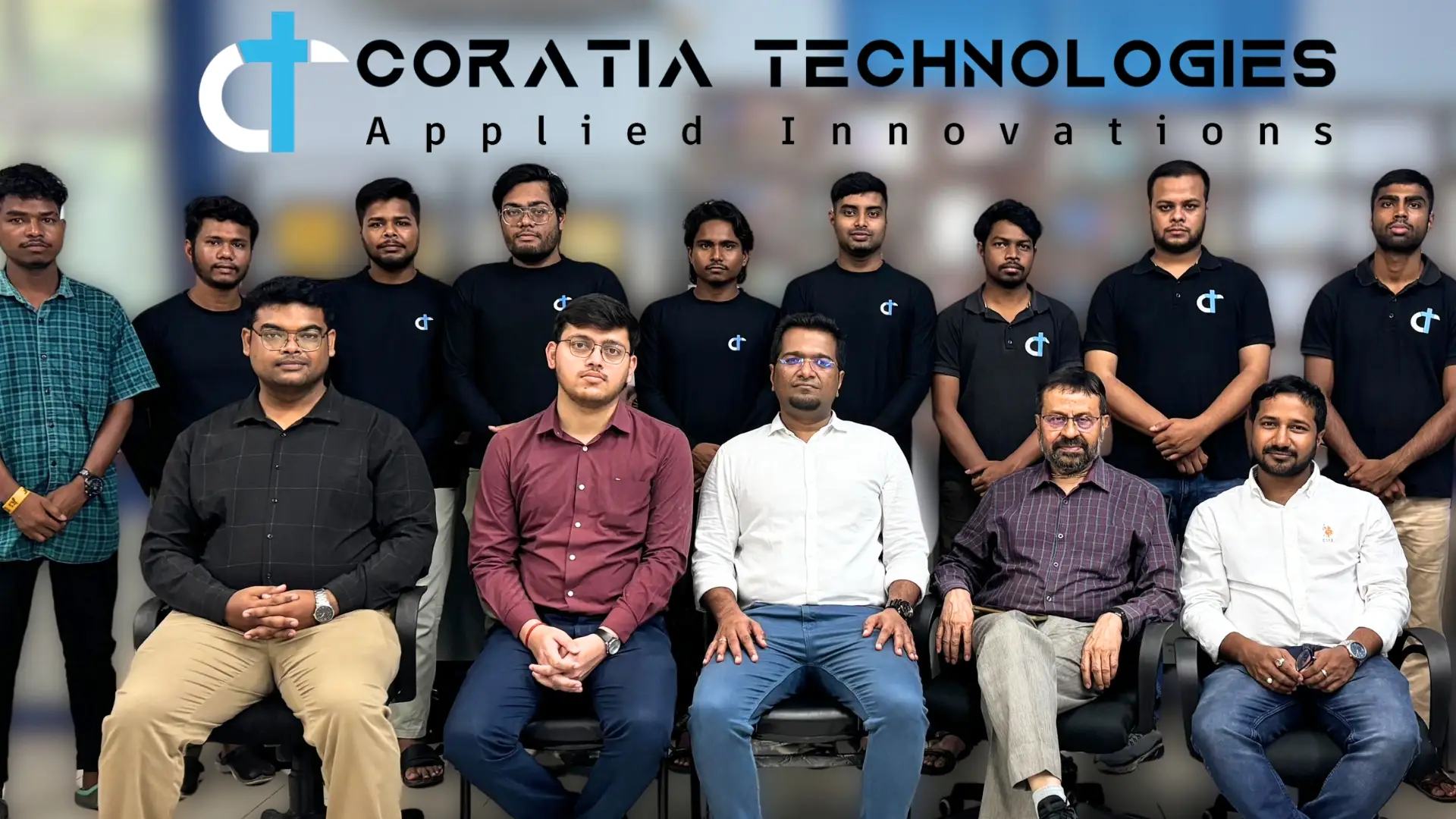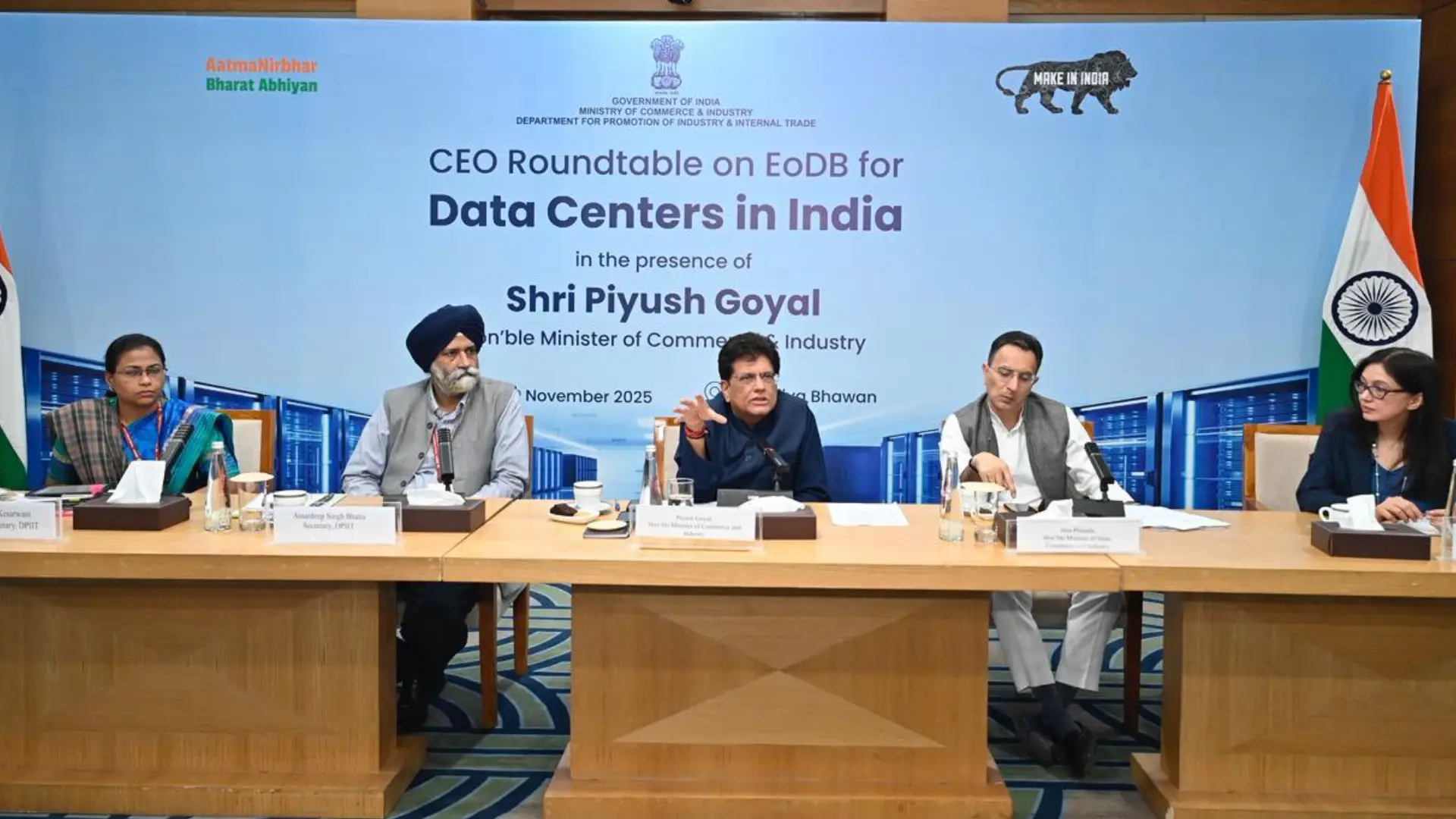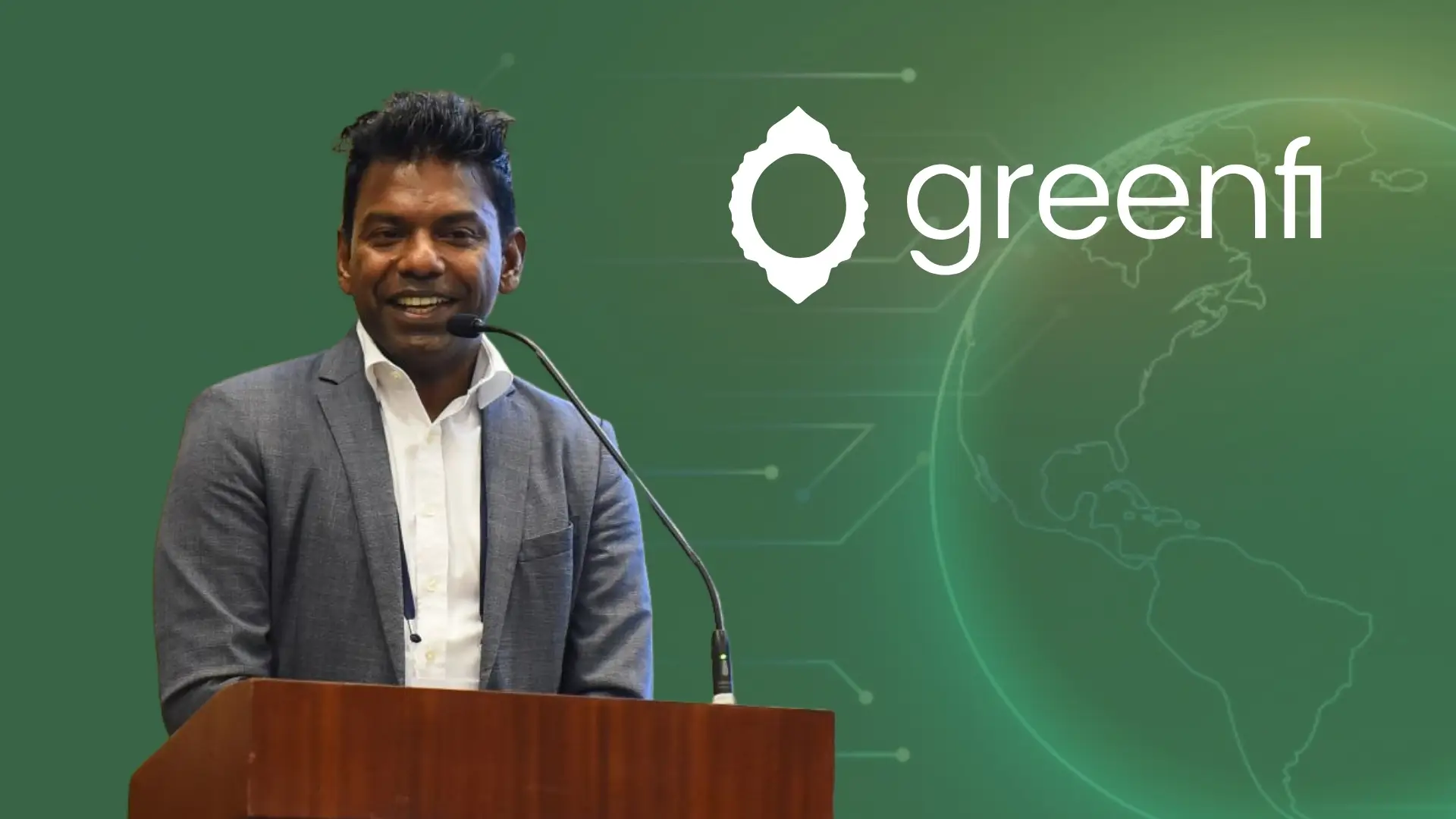India is intensifying its push to become a global hub for artificial intelligence (AI) and data center investment through focused policy reforms and strategic infrastructure development. Commerce Minister Piyush Goyal recently led a CEO roundtable aimed at simplifying regulations and enhancing digital infrastructure to attract substantial global investment. Mumbai ranks as the second-most cost-effective city worldwide for data center construction in 2025, benefiting from low costs and competitive electricity rates. Yet, despite generating 20 percent of global data, India currently holds only 3 percent of global data center capacity, highlighting enormous potential for growth.
The government’s vision under the Viksit Bharat initiative is to establish India as a center for data-driven innovation and AI excellence. India’s data center capacity is expected to surge from 1.2 GW to around 8 GW by 2030, requiring an investment estimated at $156 billion. The policy push includes the draft National Data Centre Policy 2025, which offers up to 20 years of tax exemptions, single-window clearances, and encouragement for renewable energy integration, aiming to accelerate infrastructure expansion.
This expanding infrastructure supports a rapidly growing ecosystem of Indian AI startups deploying advanced enterprise-grade solutions for sectors like logistics and defense. Major players such as Google have committed $15 billion to build AI data center hubs, while Reliance Industries and Adani Enterprises are also making significant investments in large-scale facilities. The synergy of innovative startups and improved infrastructure, backed by regulatory reforms, positions India to capitalize on the surging global demand for secure and scalable AI-driven digital infrastructure.
Also Read: Inside India’s Co-Working Boom: Why Startups and Corporates Are Choosing Flexible Offices










